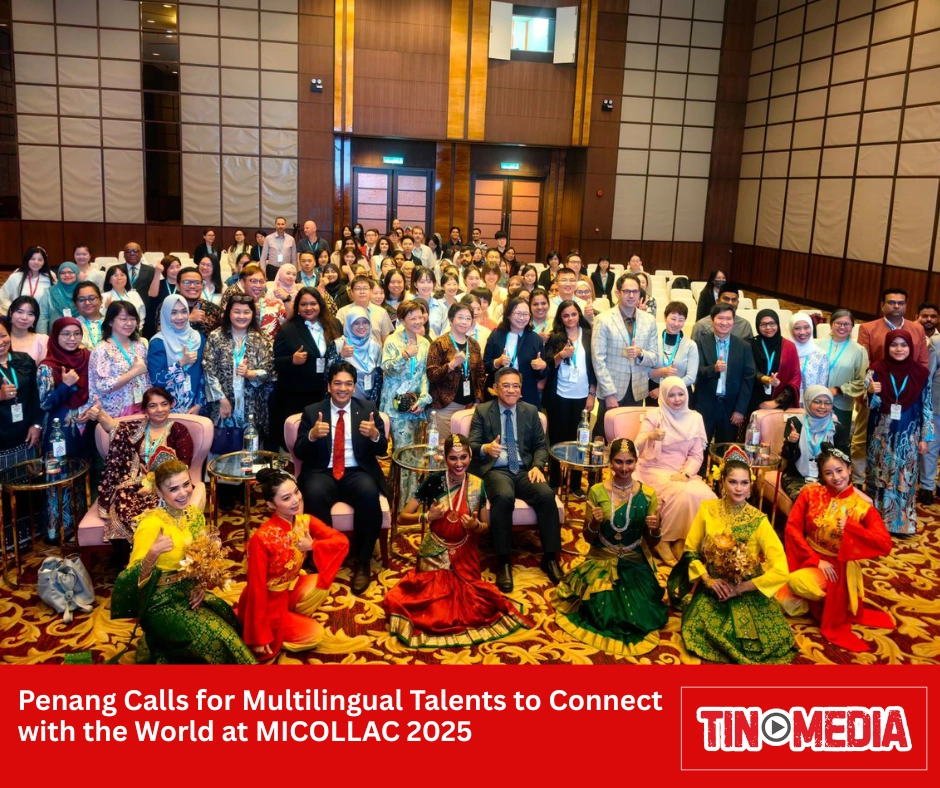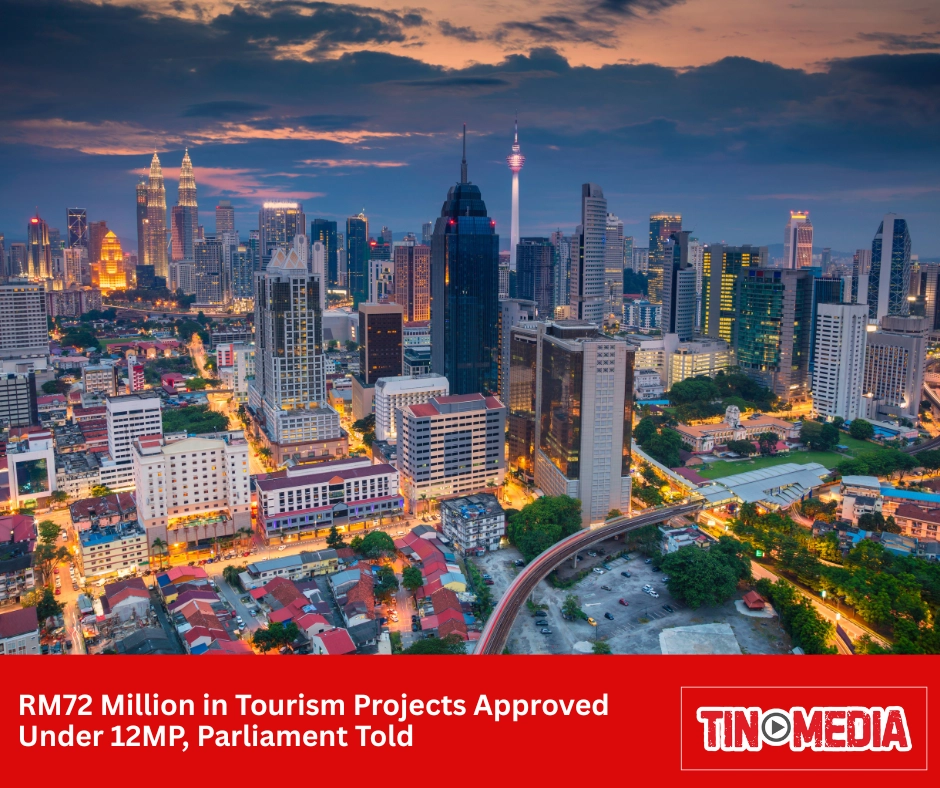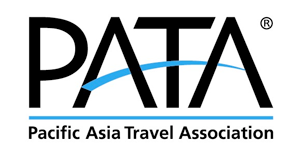In a strategic move to invigorate its tourism sector, the Royal Government of Cambodia has announced a reduction in e-Visa fees, effective January 1, 2025.
This initiative aims to attract more international visitors by making travel to the Kingdom more accessible and affordable.
Details of the Fee Reduction
According to the official e-Visa website, the new fee structure is as follows:
Tourist e-Visa (Visa T):
Previous Fee: USD 36 (including processing charge)
New Fee: USD 30 (including processing charge)
Validity: 3 months
Length of Stay: 30 days
Ordinary e-Visa (Visa E):
Previous Fee: USD 42 (including processing charge)
New Fee: USD 35 (including processing charge)
Validity: 3 months
Length of Stay: 30 days
This adjustment reflects a reduction of USD 6 for both visa categories, aiming to enhance the competitiveness of Cambodia as a tourist destination in the region.Government’s Vision for Tourism
The fee reduction is part of a broader strategy by the Cambodian government to streamline visa procedures and integrate them into a unified ecosystem.
The official e-Visa portal states that relevant ministries and institutions have been instructed to enhance and streamline the procedures for issuing visas through the e-Visa system and e-Arrival system into a unified ecosystem of the Royal Government.
This initiative is expected to simplify the entry process for travelers, thereby encouraging more tourists to choose Cambodia as their destination.
Implications for the Tourism Industry
Cambodia’s tourism industry has been significantly impacted by global events in recent years.
By reducing e-Visa fees, the government aims to:
Increase Tourist Arrivals: More affordable visa fees are anticipated to attract a higher number of international visitors, contributing to the recovery and growth of the tourism sector.
Enhance Economic Growth: An influx of tourists can stimulate various sectors of the economy, including hospitality, transportation, and retail, leading to job creation and increased revenue.
Promote Cultural Exchange: Easier access encourages cultural interactions, fostering mutual understanding and international relations.
- TAGS / KEYWORDS:


















.png)














